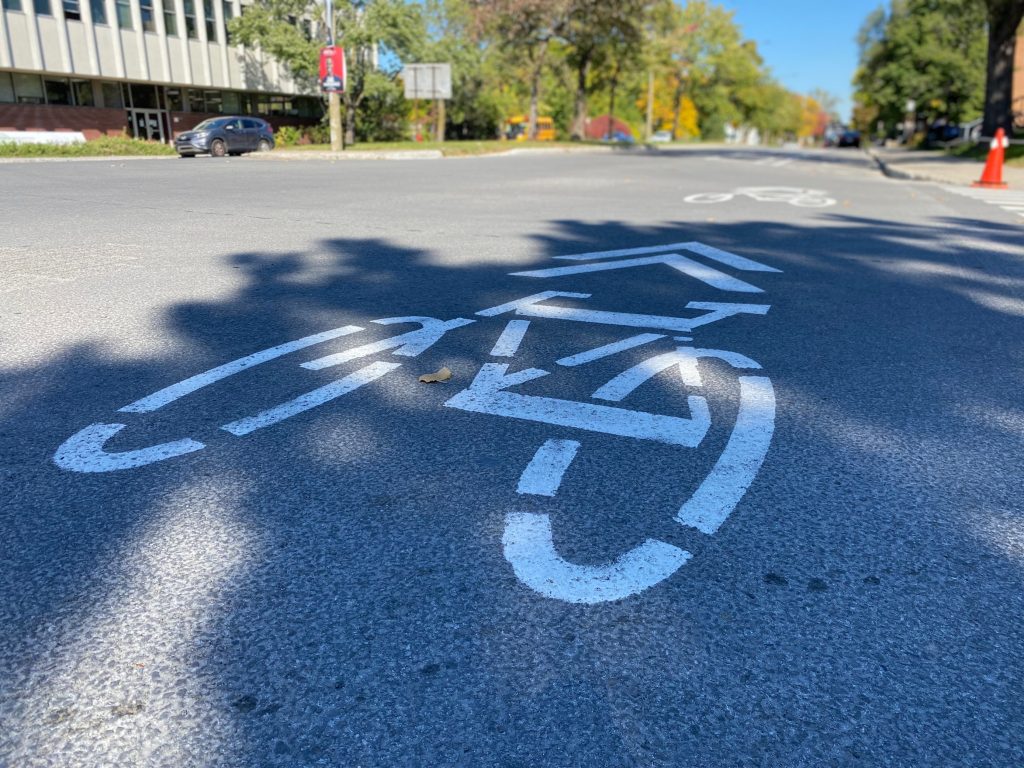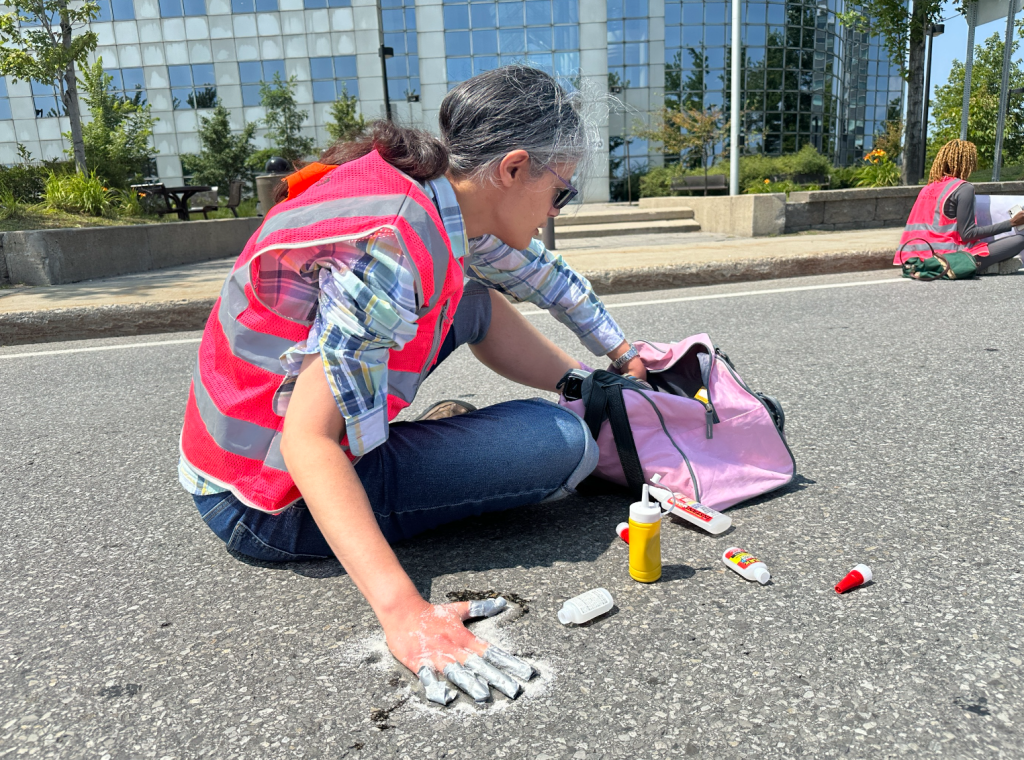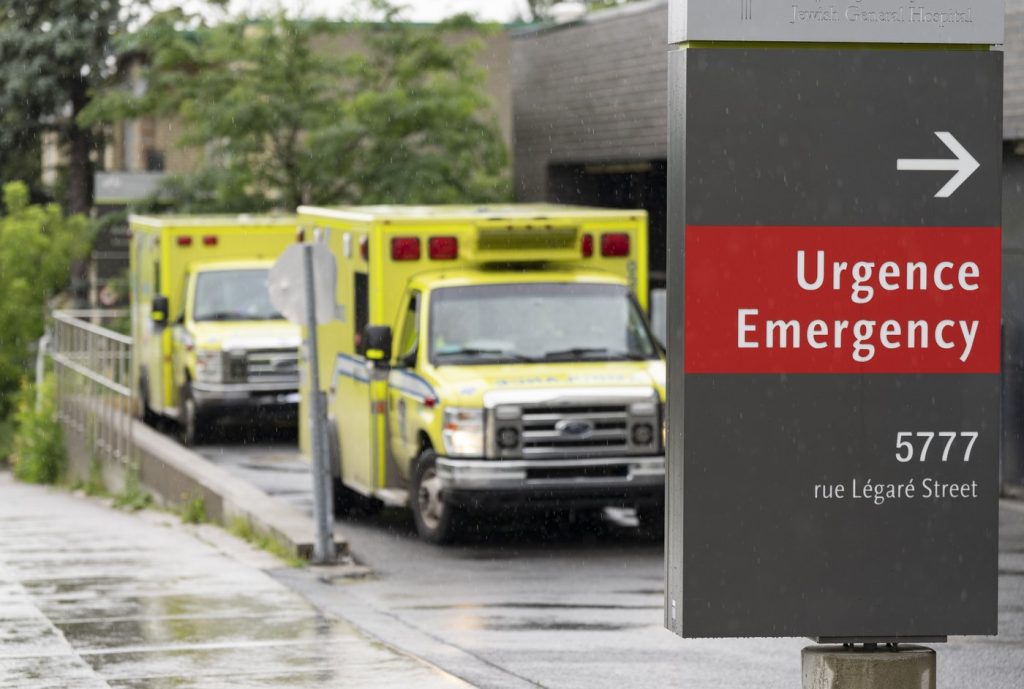Advocates challenging Quebec rule on access to subsidized daycare for refugee claimants
Posted April 15, 2022 12:22 pm.
Last Updated April 15, 2022 6:33 pm.
Not everyone in Quebec has access to affordable daycare.
Even if they have a work permit, refugee claimants can’t enroll their children in subsidized daycare, under a 2018 decision from the provincial Liberal government, maintained by the CAQ.
That decision is now being challenged in court and advocates are hoping to get access for people who are in the situation Haitian refugee, Vladimyr, was once in after his son was born in Quebec. CityNews agreed to conceal his identity, as he hopes to move into a new life and leave his status as a refugee behind.
Vladimyr arrived in Quebec in 2017 when his wife was pregnant. She gave birth shortly after.
“After six months, when we decided to put him in a daycare, he was not accepted,” he said. “The only daycare that could accept us was near our house, saying we would have to pay $40 a day.”
#WATCH: “It was really, really, really one of the worst moments in our life,” said Haitian refugee, Vladimyr, who once had to pay for private daycare because of a provincial rule that doesn’t allow refugee claimants access to subsidized daycare.
READ: https://t.co/TLtVJqncoN https://t.co/ll6fXsqbA7 pic.twitter.com/18Wp2D8zUw
— Alyssia (@rubertuccinews) April 15, 2022
Maryse Poisson is the director of social initiatives at the Welcome Collective and co-founder of the Comité accès garderie, the group fighting the issue in court.
“In Quebec, subsidized daycare is affordable daycare, so everybody has access to an $8 per day daycare, which makes it possible for someone to work on minimum wage,” she said. “For example, if you work in Tim Hortons or you work at minimum wage, you can’t [pay] $50 a day for daycare.”
Only Vladimyr was working at the time, so paying for a private daycare was out of the question, and he didn’t have the option to enroll his son in public daycare, even though his three year old daughter at the time, born in Haiti, was already enrolled in a subsidized daycare.
“I couldn’t understand why,” Vladimyr said. “Normally I think the government should encourage any refugee claimant to go to work, to help the country, to help ourselves, too. Because if we don’t go to work, what does the government ask us to do? Just stay home or stay on welfare?”
Poisson said the idea of allowing work permits for refugee claimants but not access to subsidized daycare is “nonsense.”
“These families are here among us. They’re working in our gas stations. They’re working in the Wal-Marts. And when we go shopping. A lot of refugee claimants are around us and we don’t know about it,” said Poisson.
When Vladimyr’s wife found a job, they finally opted for the private daycare that was out of their budget.
“It was really, really, really one of the worst moments in our life,” he said. “We had to eat less food than we’re used to eating, we couldn’t do activities. It was very, very difficult for us. It was a lot of stress.”
“It’s only when his refugee claim was heard and he was accepted that he got a spot in daycare for his son that was actually Canadian,” Poisson said. “There’s hundreds, thousands of families that are waiting for this hearing and it can last two years, three years and even four years before they get their hearing. So all this period of time, no affordable daycare for them, only the private ones that are sometimes way more than $40.”
Next week, the Comité accès garderie will be contesting the issue in court, hoping for a win for refugee claimants.
“They need to be active, being able to work, being able to study French,” she said. “I really think that if they can review this decision, their position on this issue, I really think the population would be in favour.”
For Vladimyr, the fight to reverse this rule reassures him for future refugee claimants.
“There is a hope that one day, kids could go to a normal daycare like every other kid.”



